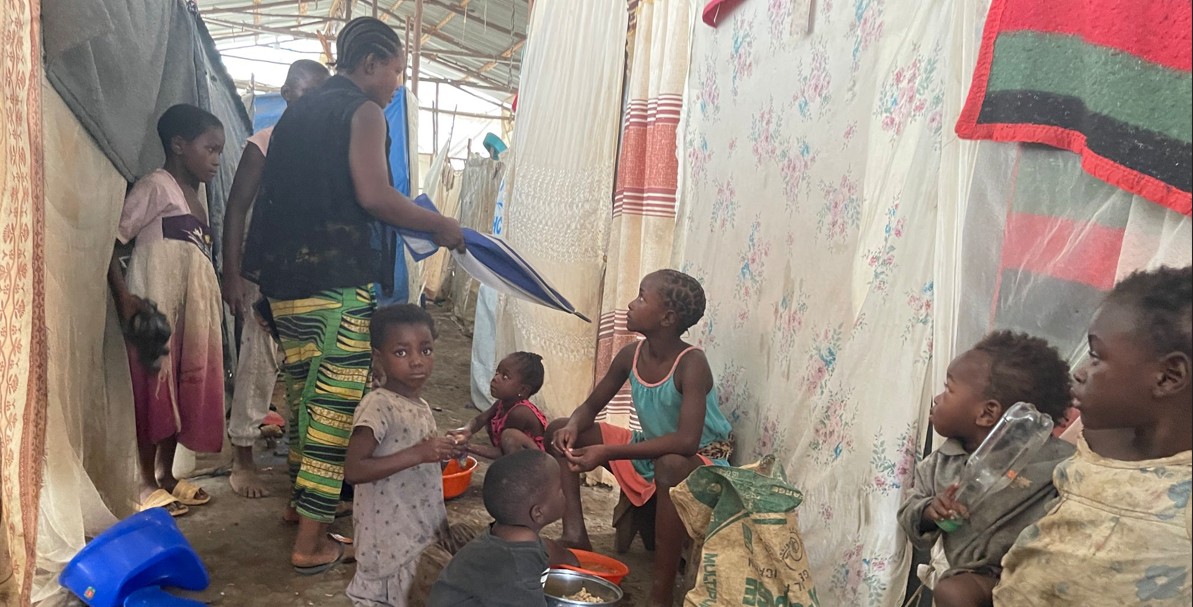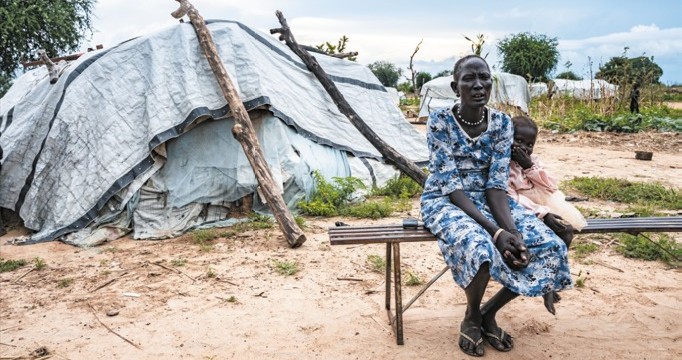Health officials urge vigilance as cholera claims four lives in Narok

According to health officials, poor sanitation and limited access to clean water have worsened the situation in the affected areas.
Kenyans have been urged to remain vigilant and observe high standards of hygiene following a cholera outbreak that has claimed four lives and left dozens hospitalised in Narok County.
According to health officials, poor sanitation and limited access to clean water have worsened the situation in the affected areas.
More To Read
- Cholera vaccines: What you need to know and why they matter
- Narok health officials sound alarm on fake cholera vaccination drives amid rising cases
- Cholera kills 40 in Sudan’s worst outbreak in years
- Rising mpox cases, cholera outbreaks and HIV misinformation straining Kenya's public health sector- report
- Kenya's cholera outbreak claims 18 lives across seven counties
- Cholera cases in Sudan declining after infecting over 68,000 people, Health Ministry says
Narok County Chief Officer for Preventive and Promotive Health Services, Lucy Kashu, confirmed the outbreak in Kilgoris Central, Shankoe and Lolgorian wards within Trans Mara West and South sub-counties. She said the first suspected cases were reported on September 29 at the Trans Mara West Sub-County Hospital, where eight patients were admitted with acute watery diarrhoea.
“A suspected cholera outbreak has been reported in Trans Mara West Sub-county, Narok County, with a total of 34 suspected cases identified between September 23 and October 2. Tests conducted at the Trans Mara West Sub-County Hospital and the Walter Reed Kericho Laboratory confirmed cholera infections on October 3,” Kashu said.
By Friday, she noted that 12 patients, five men, five women and two children, were still admitted, while 15 others had been treated and discharged. The deaths involved three adults and one child from Migingo, Majengo and Oldonyo Rasha villages.
Kashu noted that the county government had activated its Public Health Emergency Operations Centre and deployed rapid response teams to the affected areas.
“A temporary cholera treatment unit has been established at the Trans Mara West Sub-County Hospital as part of efforts to contain the spread,” she added.
Health officials have also intensified surveillance, community sensitisation and water treatment campaigns, working closely with Water, Sanitation and Hygiene (WASH) partners to improve access to clean water and sanitation facilities.
In response to the outbreak, the county government has banned food hawking and ordered the closure of hotels and entertainment venues in high-risk areas to curb further transmission.
Kashu said earlier cases dating back to September 23, which were initially overlooked in the official line list, had now been linked to case number five, indicating a wider and earlier spread of the disease than previously recognised.
The outbreak remains concentrated in Trans Mara West, particularly in Kilgoris Central, Shankoe, and Lolgorian wards, where containment and preventive measures continue to be enforced.
Cholera symptoms include sudden, severe watery diarrhoea, often described as rice-water stool, vomiting, leg cramps and severe dehydration, leading to symptoms like thirst, dry mouth, sunken eyes and rapid weight loss.
Members of the public have been urged to wash their hands frequently with soap and clean water, particularly after using the toilet, before eating or preparing food and after caring for the sick. The Ministry of Health also encourages the establishment of handwashing stations in public areas equipped with clean water and soap, or hand sanitiser containing at least 60 per cent alcohol.
To ensure safe water and sanitation, the ministry advises the public to drink only boiled or chlorinated water and avoid untreated sources such as rivers and lakes.
Residents have been urged to store water in clean, covered containers and dispose of waste properly to prevent contamination. The ministry further warns against open defecation, calling on communities to maintain clean and functional latrines. Surfaces, particularly those used for food preparation, should also be regularly disinfected.
On food safety, Kenyans have been encouraged to wash their hands, clean utensils and sanitise food preparation surfaces before cooking. The ministry recommends using clean water when cooking and washing produce, and ensuring all foods, especially meat and fish, are cooked thoroughly. Food should be stored in clean containers, with raw and cooked items kept separately and leftovers reheated properly before consumption.
The ministry has further cautioned the public against self-medication or reliance on traditional remedies, noting that prompt professional care significantly improves recovery and reduces fatalities.
Top Stories Today















































